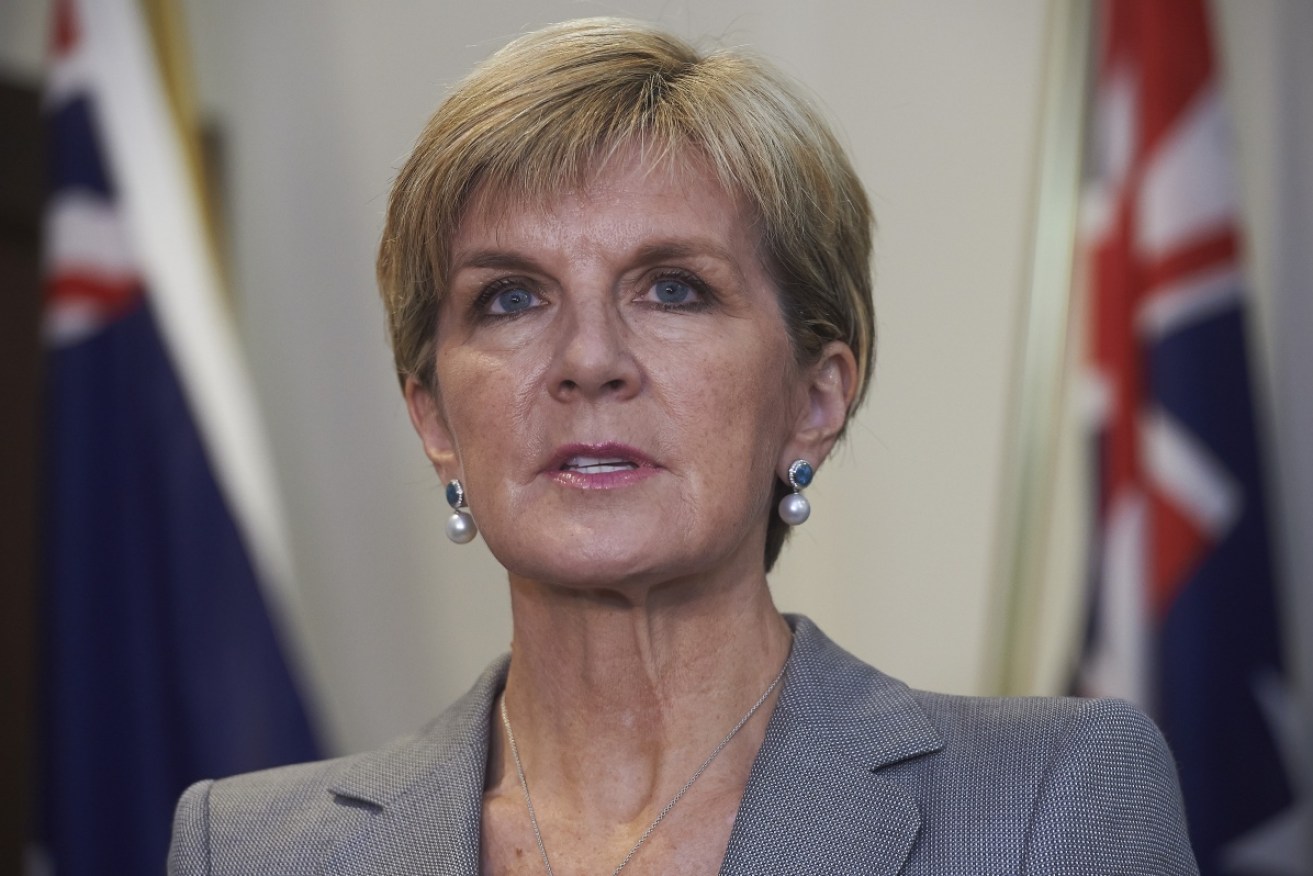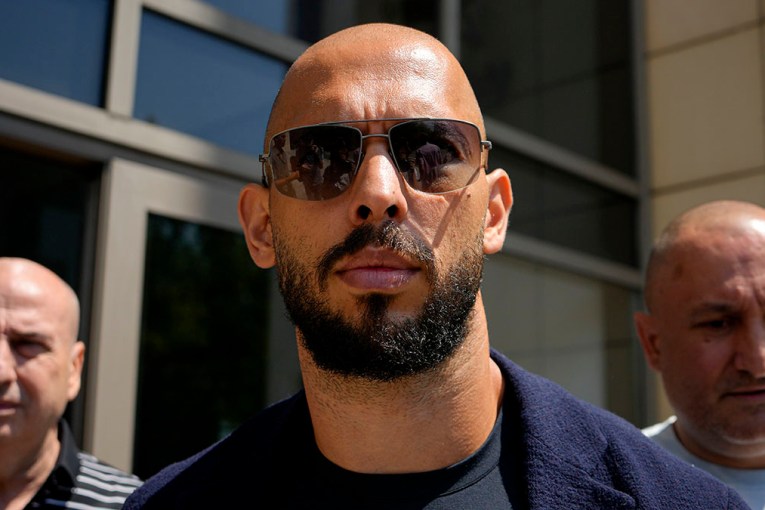Iraq didn’t ask for more Aussie troops: Bishop


AAP
As hundreds of armed and trained foreign fighters enter Iraq, its Prime Minster has pleaded for more help “on the ground” in defeating terrorist group Islamic State (ISIL).
The country had been grappling with a series of setbacks in the war against ISIL, including the fall of the city of Ramadi to ISIL jihadists in May.
Despite requests by Iraqi Prime Minister Haider al-Abadi for more help “on the ground”, a 22-nation strong coalition insisted that its current strategy would lead to the defeat of ISIL.
• PM ‘will take action’ on leak: Bishop
• ‘Lowy should join Blatter and step down’: Jennings
• Sydney siege: Lindt Cafe vandalised
The US-led coalition, which is carrying out air raids against ISIL and providing training and weapons to Iraqi forces, met in Paris for talks on Tuesday about combating the terror group.
While in Paris, Australia’s Foreign Minister Julie Bishop said Australia would consider any request for further military help, but she said Mr Abadi had not asked for it in their meeting on Tuesday, Fairfax Media reported.
Ms Bishop said it was important for Iraqi security forces to stay on the front line – psychologically and to maintain local support.
Australia’s training and support work would help build the Iraqi capacity to fight ISIL, she said.
“This is what they have asked us to do and we are fulfilling that role,” she said.
“We haven’t been asked (to provide more on-the-ground support). If a request has been made we’ll consider it but Australia is already the second-largest contributor … after the US. (Mr Abadi’s) plea is to other nations who have not yet provided a military contribution.
“The Prime Minister did not ask Australia to do any more than we are.”

The defence of Ramadi failed in the face of an Islamic State assault. Photo: AAP
Australia has sent 300 soldiers to train the Iraqi army. It has also sent 200 special forces to the region and is conducting air strikes.
Personnel are also involved in coalition air strikes.
Before the meeting Mr Abadi said the advance of ISIL was a failure for the world and Iraq “needs all the support of the world” to counter that advance.
He said the flow of foreign fighters across the border into Iraq hadn’t slowed and the majority of the radical Sunni group was now foreign.
Less than one year ago it was 60 per cent Iraqi.
“They have brought hundreds of new fighters, foreign fighters, well trained, well-armed,” Mr Abadi said.
“This is a transnational organisation. We need all the support of the world, the intelligence of the world, and we are not getting it.”
While US Deputy Secretary of State Tony Blinken, standing in for John Kerry at he meeting, admitted the coalition was in for a “long campaign”, he insisted the current plan was the best one.
“In Iraq right now we have the right strategy – a combination of coalition air strikes, training, equipping, assisting and effective local partners,” Mr Blinken said.
“That is the winning strategy.”
He said the US would make it easier for Iraq to obtain new weapons after Mr Abadi said the sanctions-hit countries of Iran and Russia were potentially important arms suppliers.
Ms Bishop on Tuesday made a pitch for Iran to be invited into the coalition but her suggestion received a lukewarm response.
Some nations supported the idea – but Ms Bishop wouldn’t reveal which ones.
“Iran has a military presence and there needs to be a framework for engagement with all of the stakeholders who are seeking to fight against Daesh,” she said.
– with AAP








